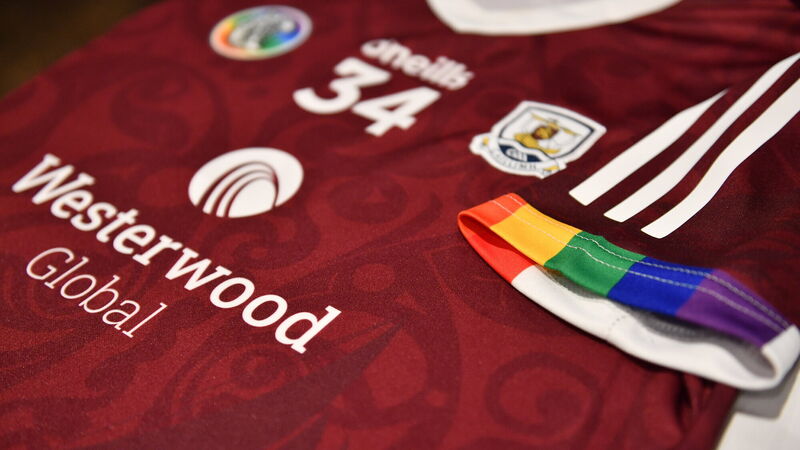Eimear Ryan: Sponsors getting in on ground floor of women's sport movement

Capitalising on their All-Ireland win last year, Galway camogie has signed a game-changing five-year deal with manufacturing firm Westerwood Global to the tune of €250,000.
Anyone tiptoeing back to the cinema in recent months has almost certainly encountered a baffling pre-film advert starring actor Matt Damon. Walking through a gallery, Damon passes CGI renderings of conquistadors, mountaineers, aviators, and astronauts. “Fortune favours the brave,” he intones, before a logo for Crypto.com flashes up on screen. Cryptocurrency is the final frontier, the ad seems to be telling us. The only way to be brave nowadays is to invest your money in a murky unregulated market. Be a crypto conquistador!
As an ad, it doesn’t quite work, but you can see why they pitched it this way: investors want to feel like pioneers, like they’re getting in at the start of the next big thing. In the sporting world, women’s sport is beginning to be recognised as a canny investment for businesses wanting to get in on the ground floor in a flourishing growth area.









